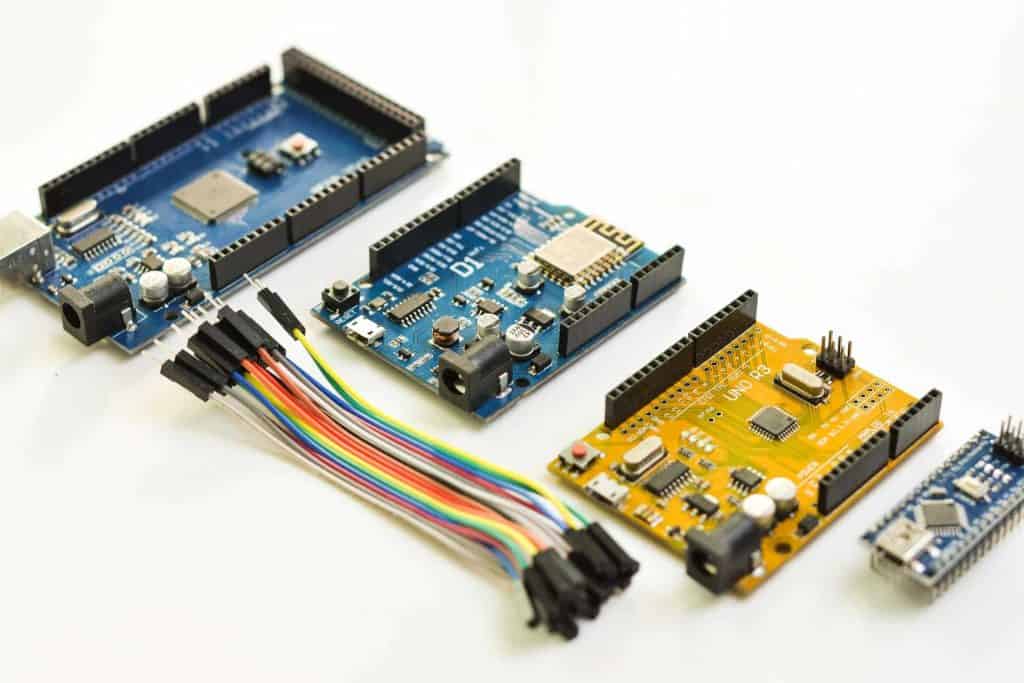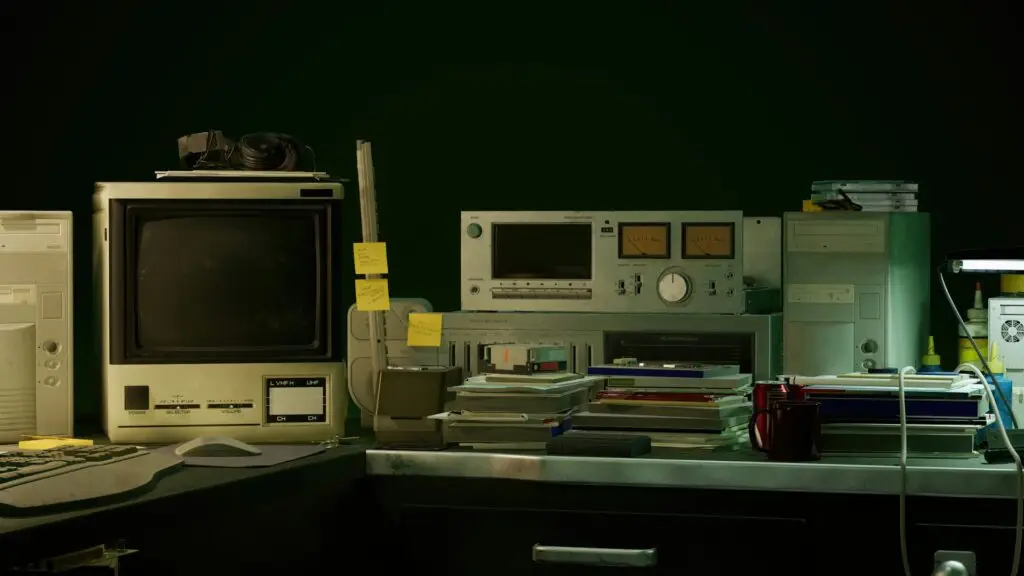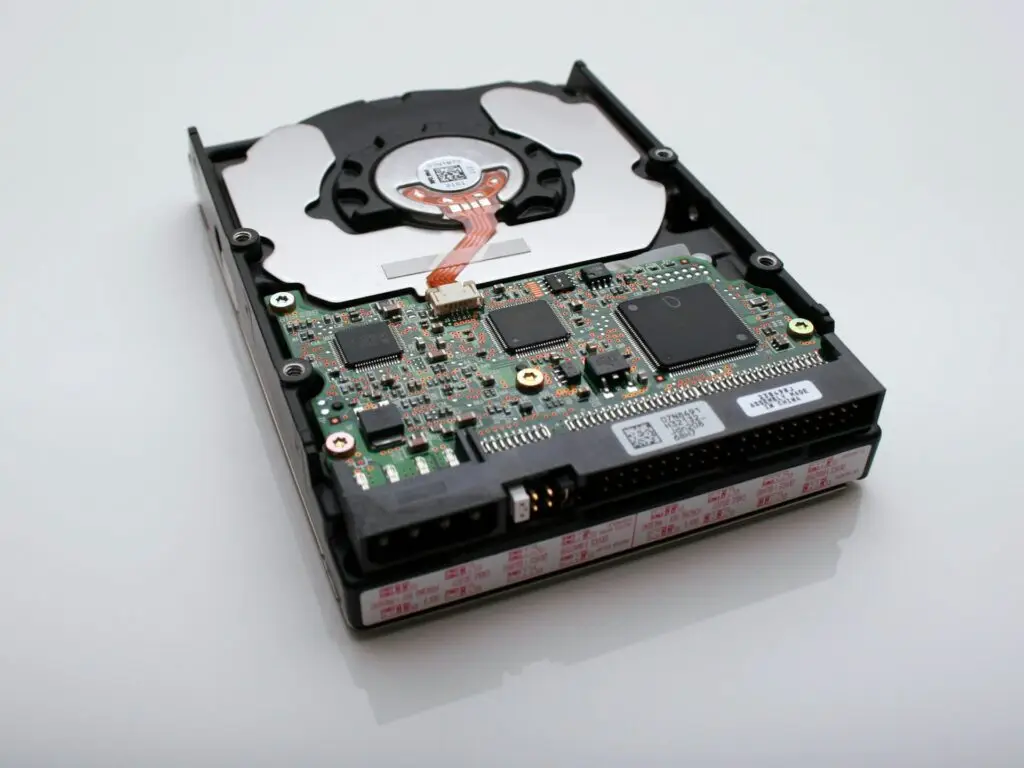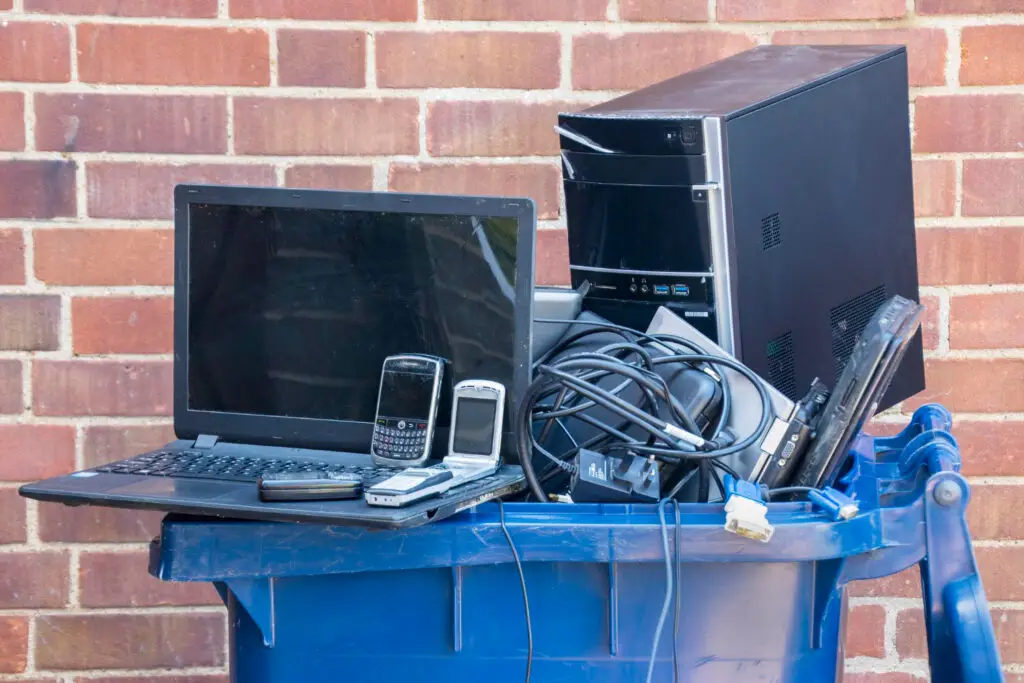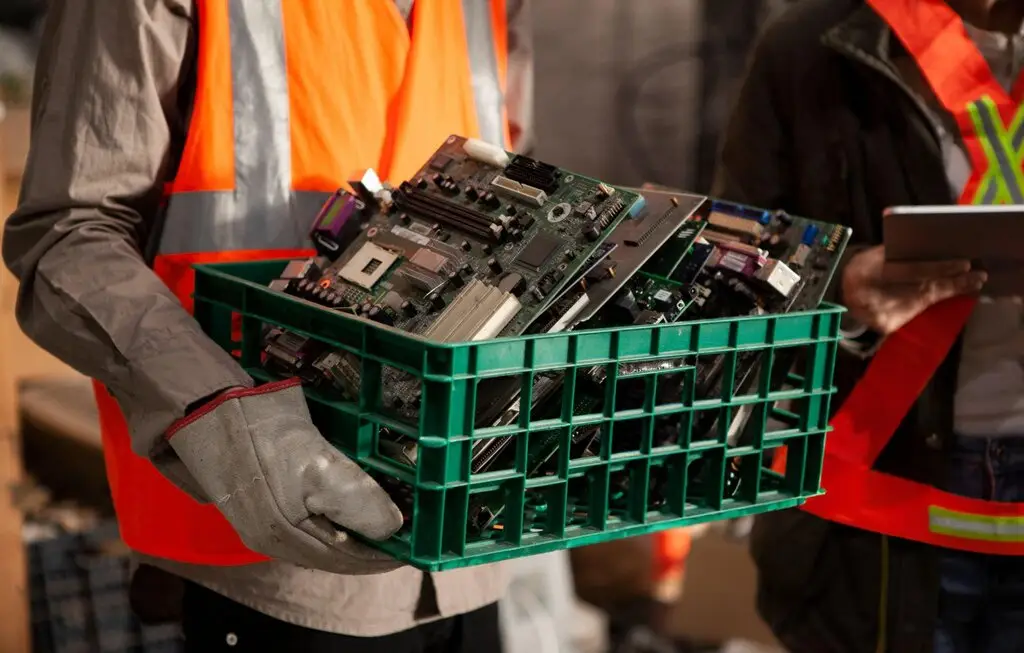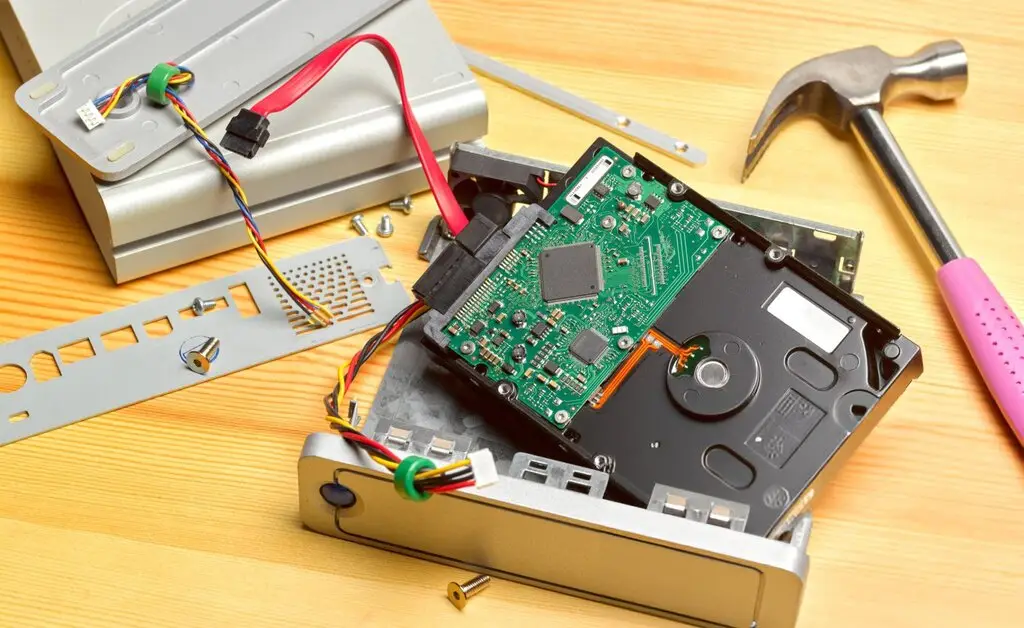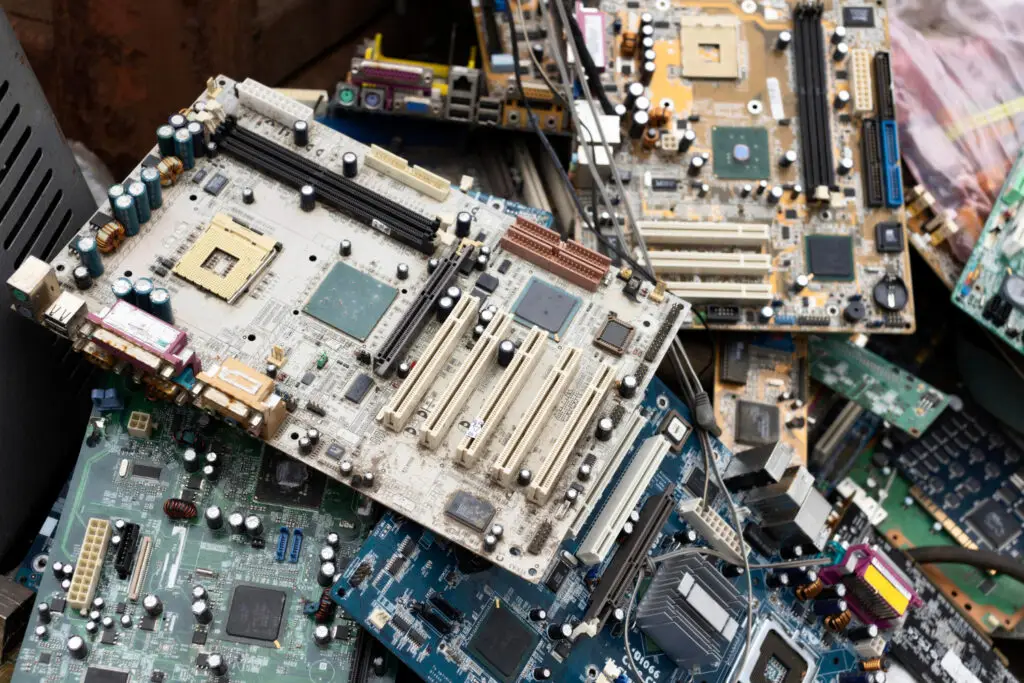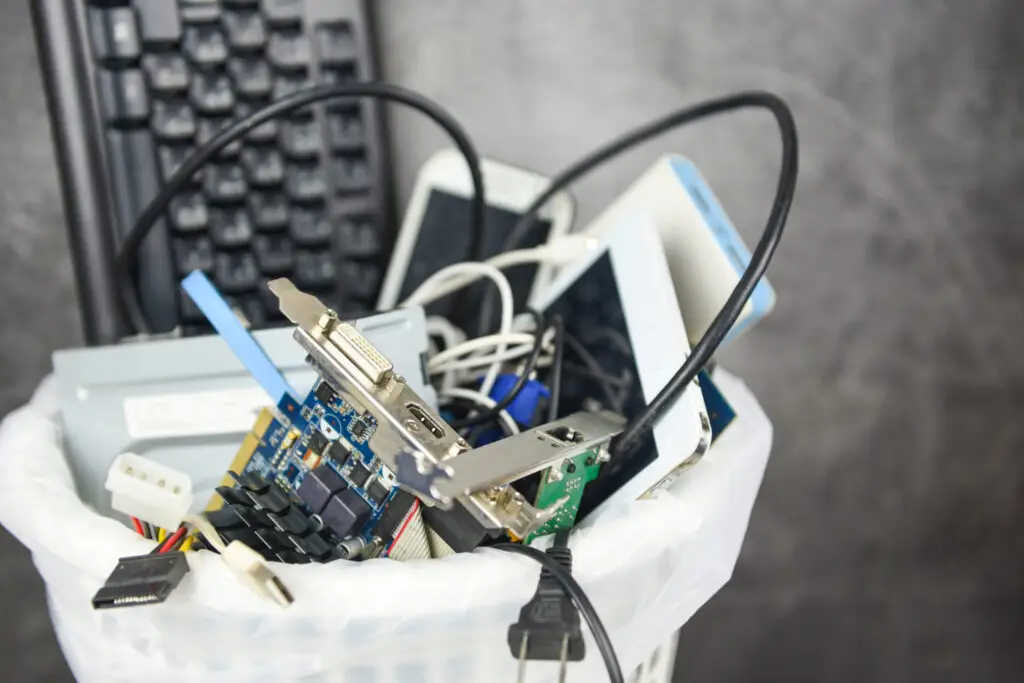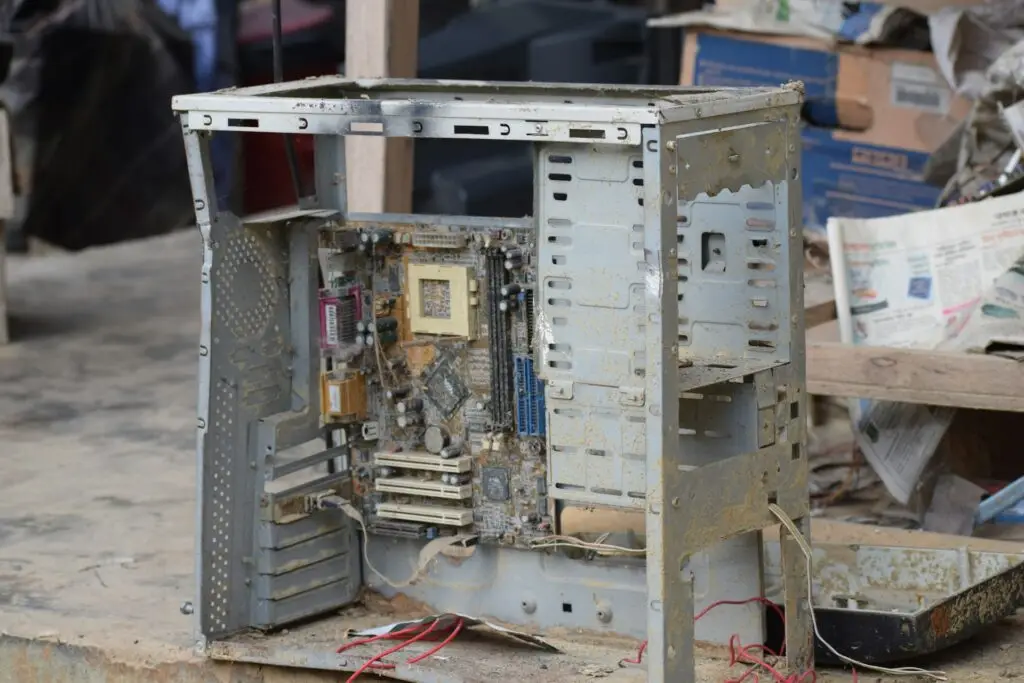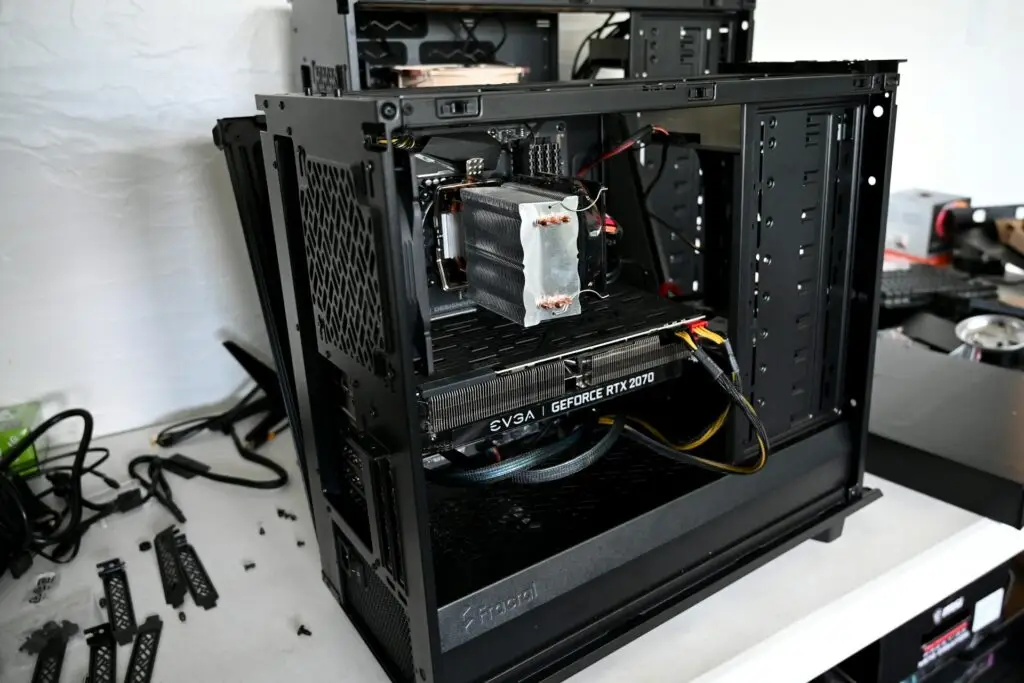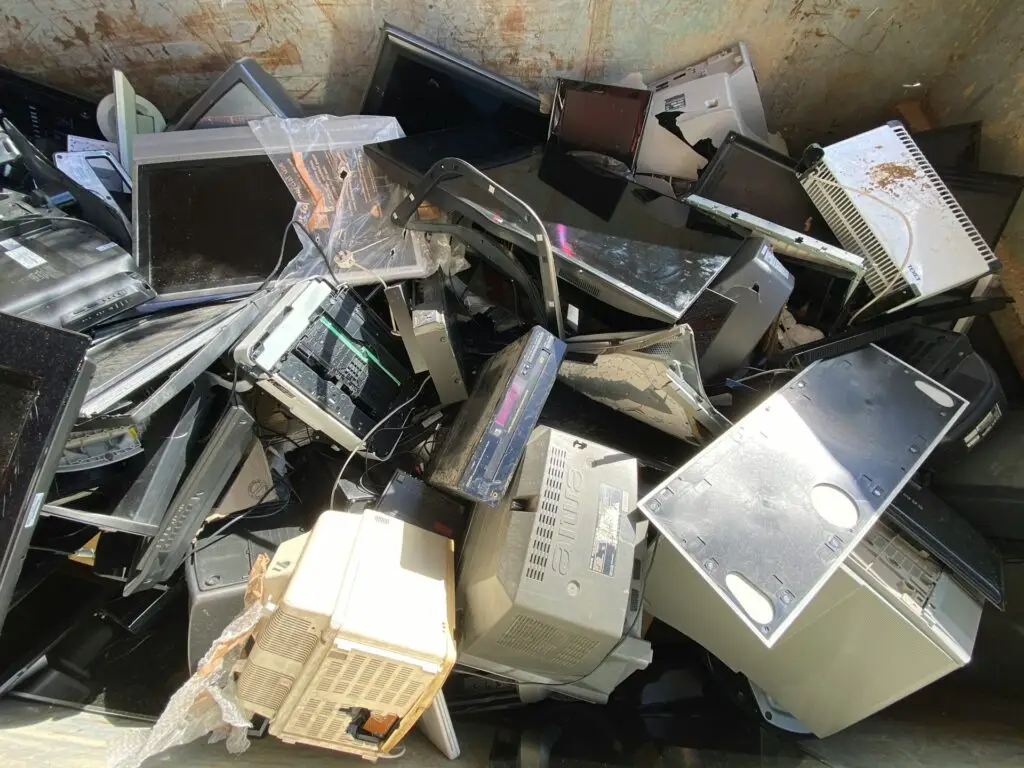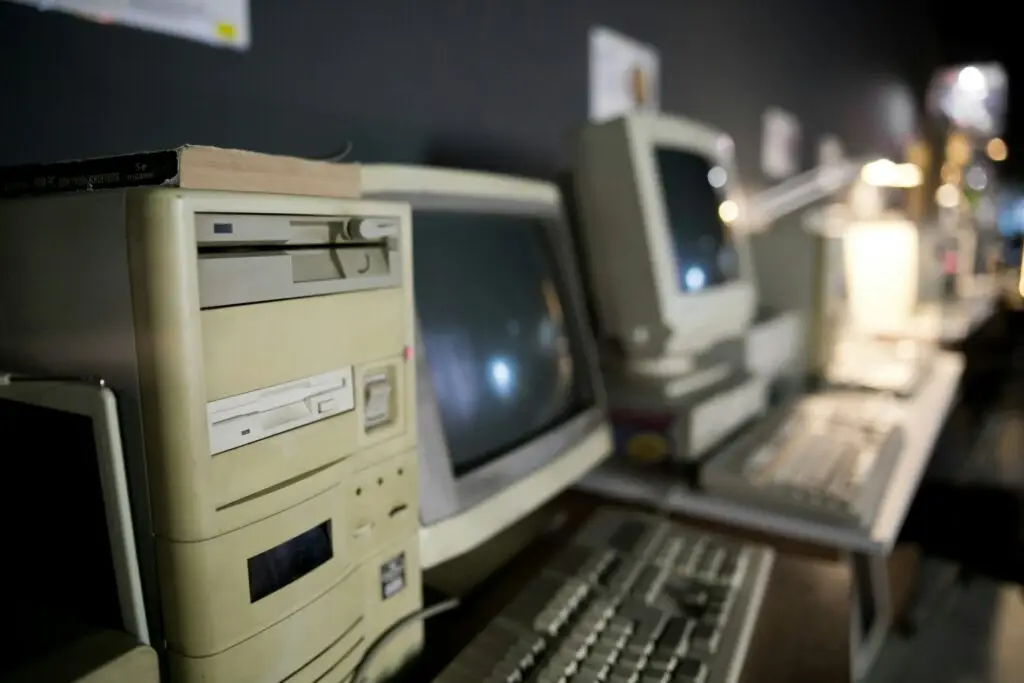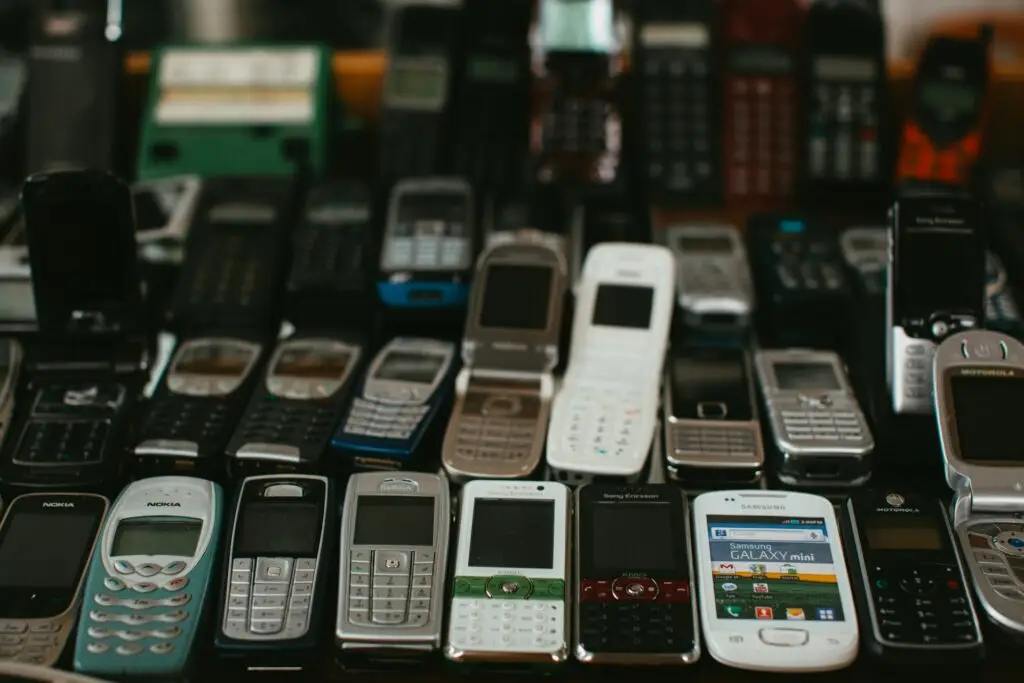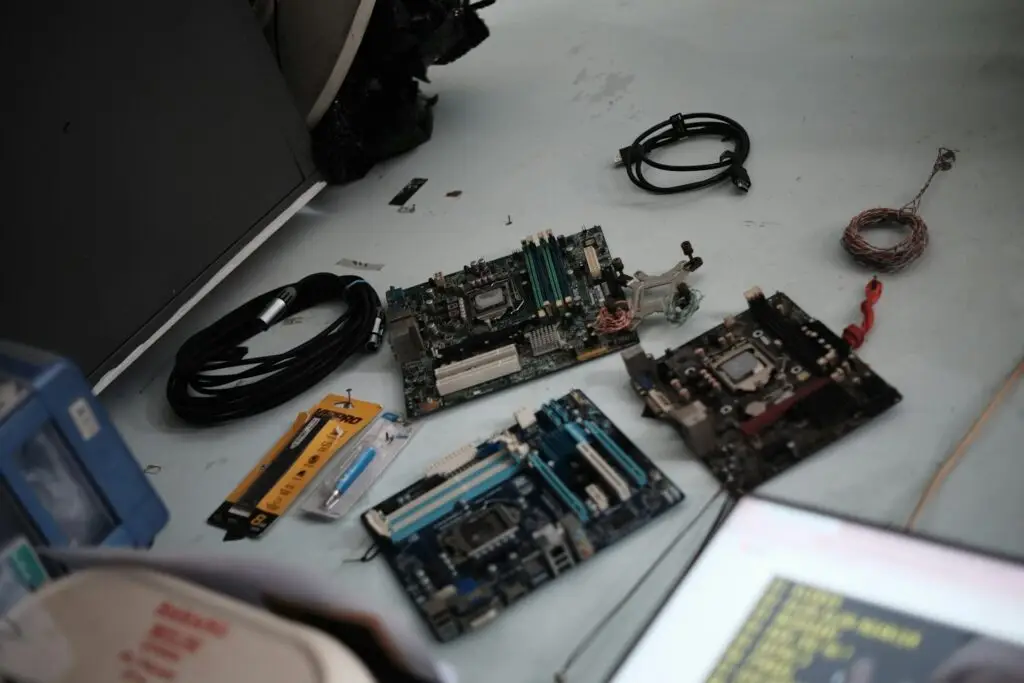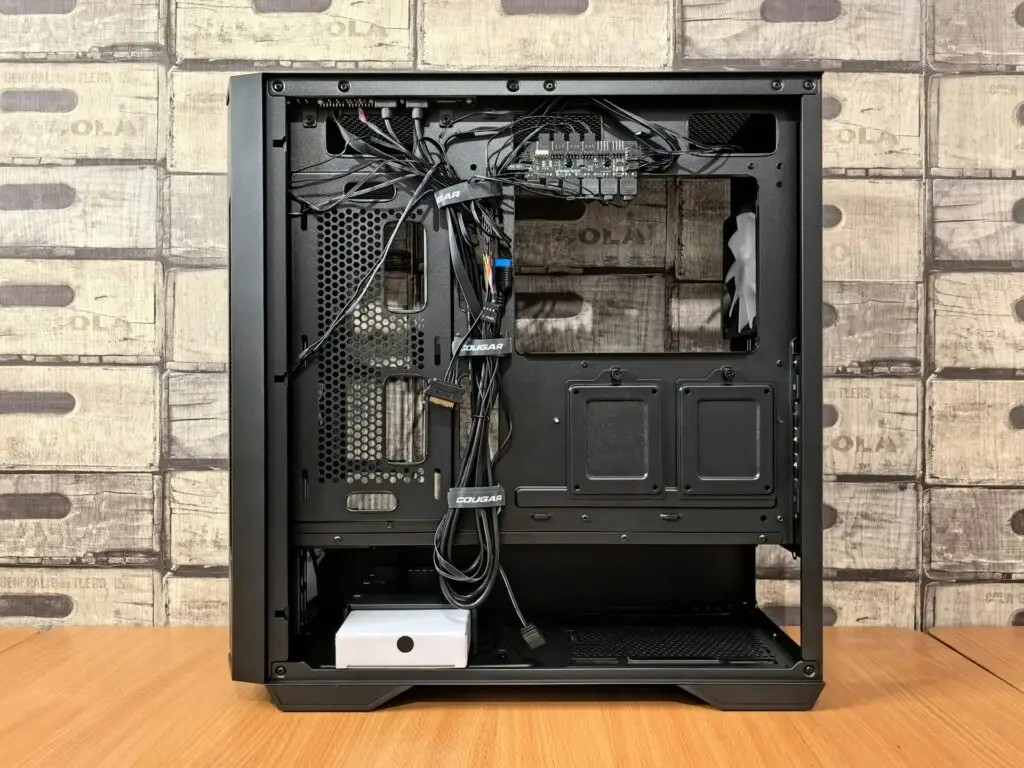In the era of rapid technological advancements, businesses find themselves dealing with a growing concern: electronic waste or e-waste. As obsolete devices pile up, the efficient and eco-friendly disposal of this e-waste becomes an increasingly pressing issue. It is in this context that we present ‘A Comprehensive Guide to E-Waste Recycling for Businesses.’ This guide serves as an insightful resource, offering a detailed examination of the e-waste conundrum and providing effective strategies to manage and recycle it.
Navigating the labyrinth of e-waste is no easy task. The complexities range from understanding the environmental implications of inappropriate e-waste disposal to remaining compliant with ever-evolving regulations. Yet, the rewards of conquering this challenge are significant, both in terms of corporate social responsibility and operational efficiency.
This guide attempts to demystify the intricacies of e-waste recycling, offering businesses a roadmap to sustainable practices. It empowers businesses with the knowledge to make informed decisions and adopt proactive measures in e-waste management. From understanding the concept of e-waste and its environmental impact to exploring the best practices in e-waste recycling, this guide covers all aspects, making it an indispensable tool for businesses of all sizes and industries.
The Importance of E-Waste Recycling for Businesses
1. Minimizing Environmental Impact
The increasing accumulation of e-waste has grave consequences for our environment. Hazardous substances, such as lead, mercury, and cadmium, are present in electronic devices and can leach into the soil, water, and air if not disposed of properly. By adopting an effective e-waste recycling strategy, businesses can minimize the release of toxic chemicals into the environment and contribute to global sustainability efforts.
2. Compliance with Regulations
Many countries have implemented strict regulations, such as the Waste Electrical and Electronic Equipment (WEEE) Directive in the European Union, to promote responsible e-waste disposal and recycling practices. By engaging in proper recycling methods, businesses can not only adhere to legal and industry-specific requirements but also avoid fines, penalties, and negative publicity stemming from noncompliance.
3. Data Security and Privacy Protection
E-waste recycling isn’t just about being environmentally responsible; it’s also about protecting sensitive data that is stored on electronic devices. It’s essential for businesses to ensure proper disposal and destruction of their electronic devices to protect the confidential data and privacy of their clients and employees. Proper e-waste recycling practices and secure data destruction are preventive measures to avoid data breaches and maintain the security of digital assets.
4. Enhancing Corporate Reputation
Companies that adopt e-waste recycling initiatives demonstrate their commitment to environmental responsibility, compliance with regulations, and data security. This creates a positive brand image and attracts customers, stakeholders, and potential investors who prefer to align with eco-friendly businesses.
Understanding the E-Waste Recycling Process
1. Collection and Transportation
The first stage of the e-waste recycling process involves collecting and transporting the electronic waste to a recycling facility. This can be done through drop-off points, mail-in programs, or scheduled pickups by recycling companies like ReWorx Recycling.
2. Pre-Processing and Sorting
Upon arrival at a recycling facility, devices are disassembled to separate their components for efficient recycling. This step involves the removal of external casings and the separation of internal components, such as batteries, circuit boards, and screens, based on material types.
3. Material Recovery
After pre-processing, the sorted e-waste components are subjected to different recycling methods, such as shredding, granulating, and smelting, to recover valuable materials like metals, plastics, and glass. These recovered materials can be used to manufacture new products, reducing the need to extract raw materials and helping conserve natural resources.
4. Data Destruction
Secure data destruction processes are implemented throughout the entire e-waste recycling process to ensure sensitive data is permanently eliminated from electronic devices. This may involve physical destruction, such as hard drive shredding, or digital sanitization methods like data wiping.
Best Practices for Implementing E-Waste Recycling in Your Business
1. Set Up a Dedicated E-Waste Collection Point
Designate an area within your office or facility for employees to dispose of their e-waste. This will make it easier to collect the electronic waste and ensure it is directed for proper recycling instead of ending up in a landfill.
2. Conduct Regular E-Waste Audits
Schedule periodic e-waste audits to assess your business’s e-waste generation and disposal practices. This data can help you identify areas for improvement and monitor the effectiveness of your e-waste recycling program.
3. Train and Educate Employees
Educate your employees about your e-waste recycling program, its benefits, and the proper disposal procedures. Providing regular training sessions and distributing informative materials will keep your employees engaged and informed about the significance of responsible e-waste recycling.
4. Partner with a Reputable E-Waste Recycling Company
Collaborate with a trustworthy and experienced e-waste recycling partner, like ReWorx Recycling, to ensure your company’s e-waste is managed professionally and responsibly, from secure data destruction to proper resource recovery.
By understanding the importance of e-waste recycling, its environmental impact, and the process involved, organizations can embrace eco-friendly practices and contribute to a more sustainable future. Investing in responsible e-waste management not only benefits the environment but also helps businesses maintain compliance, protect data security, and cultivate a positive corporate reputation.
A Sustainable Approach to E-Waste Management with ReWorx Recycling
The efficient management of e-waste is crucial for businesses looking to minimize their environmental footprint, ensure compliance with regulations, protect sensitive data, and enhance their corporate reputation. E-waste recycling is a complex process that not only involves the safe disposal of electronic devices, but also the resource recovery and secure data destruction to promote sustainability and data security.
ReWorx Recycling, with over a decade of experience in offering environmentally friendly disposal solutions for end-of-life and surplus computer equipment, is the ideal partner for companies seeking to develop and implement a comprehensive e-waste recycling program.
By partnering with our electronics recycling center in Atlanta, your business can enjoy the peace of mind that comes with entrusting your e-waste recycling needs to a professional, reliable, and environmentally committed company. Don’t wait any longer—let ReWorx Recycling help you improve your company’s e-waste management practices and contribute proactively to a cleaner, greener future.

